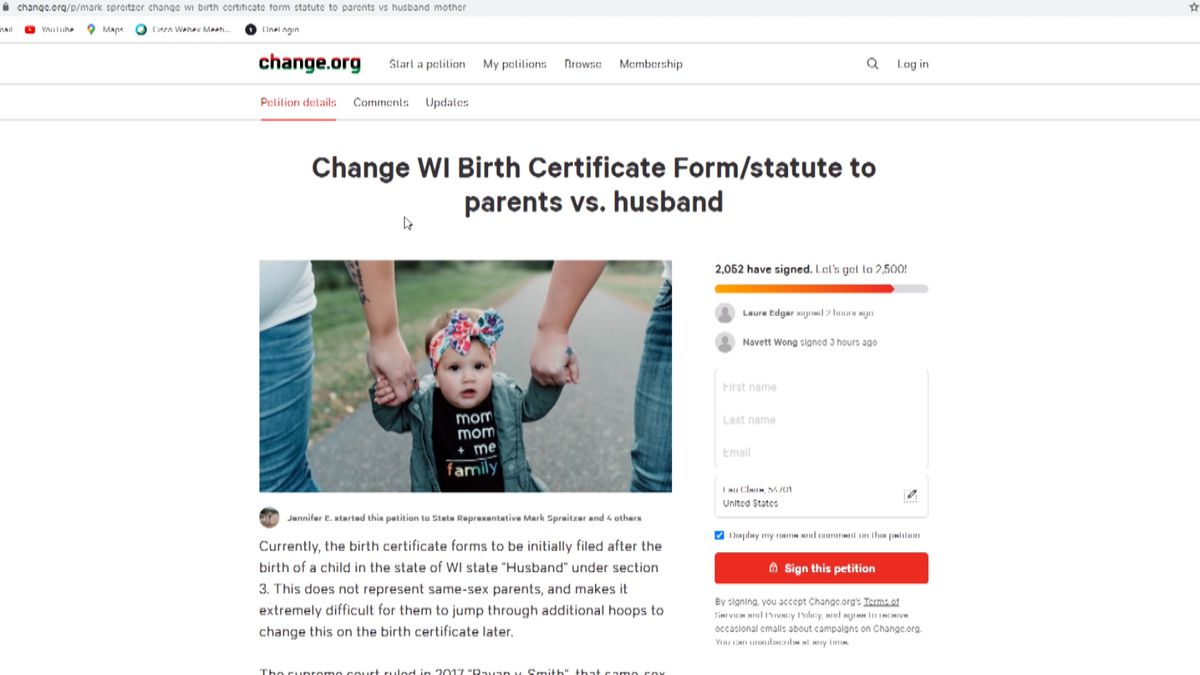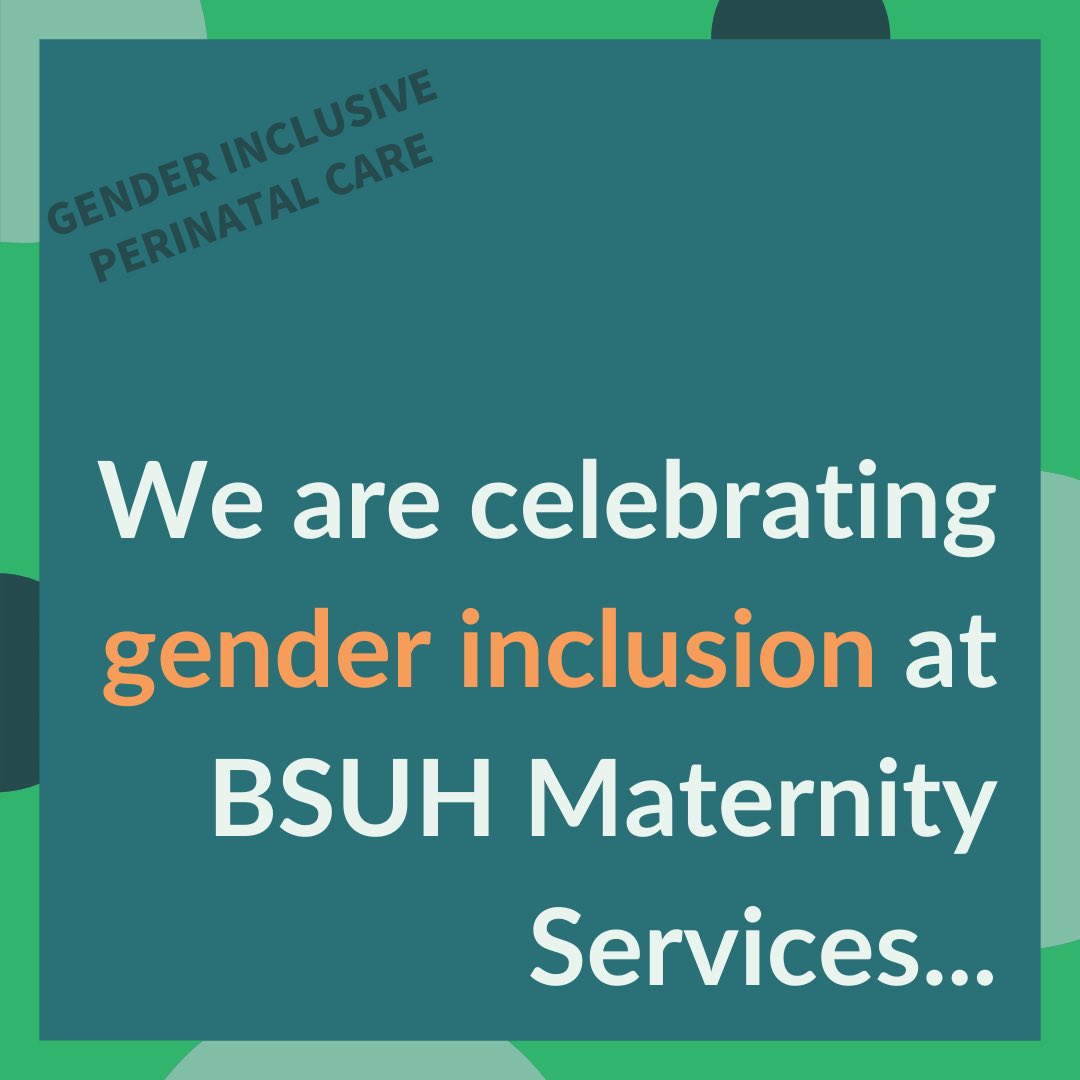Gender-Neutral Policies and Language
Multiple articles discussed gender-neutral policies and language this week. Assembly member Rebecca Bauer-Kahan proposed a bill about gender-neutral language in the California Government Code to the State Legislature. Bauer-Kahan commented, “Gendered language is neither precise nor accurate. Gender-neutral language reflects that anyone, regardless of gender identity, can serve at the highest levels of California government.” Lawmakers in Texas are also trying to incorporate gender-neutral language in their Texas Code. The United Kingdom is looking for more gender-neutral titles for their army personnel, seeking to replace terms like “guardsman” and “rifleman” with more inclusive language. Meanwhile, multiple articles mentioned that the United States’ Army is considering eliminating their gender-neutral fitness test. An Army official stated, “We had this big thing of inclusion but this is one of the biggest eyesores that goes against inclusion.”

Several articles mentioned city commissioners’ recent decision against a gender-neutral ordinance that would allow women to be topless in public in Gainesville, Florida. The NFL has changed some of their referee language to be more gender neutral after having the first female referee in the Super Bowl. A petition in Wisconsin is urging lawmakers to make birth certificates more gender neutral such as having “parents” as an option rather than just “mother” and “father”.

Multiple articles discussed Brighton and Sussex University Hospital’s new gender-neutral language policies for their maternity department. The recent policy change has occurred in order to show support for pregnant transgender and nonbinary individuals. Several articles criticized their change from “breastfeeding” and “breast milk” to “chestfeeding” and “human/chest milk”. The policy from the hospital states, “Maternity services have typically been designed as a cisgender (cis) women-only service, which may not serve the needs of trans and non-binary individuals. When providing perinatal care to trans or non-binary people, the trust and its employees should treat service-users according to their self-identified gender, not the sex they were assigned at birth. The ability to use appropriate language is an important skill professionals should develop, particularly in perinatal care settings where feminine pronouns and descriptors are the norm.”

